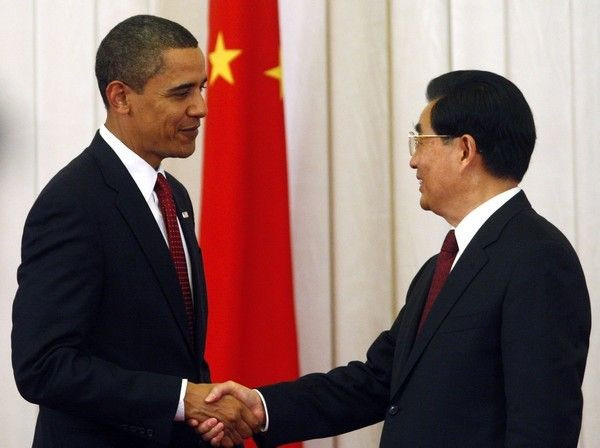China turned down U.S. offer to maintain world order: Soros

China declined an offer from the U.S. to form a partnership to maintain world order, according to billionaire investor George Soros.
Soros, writing in a Project Syndicate commentary, said when U.S. President Obama visited China in November 2009, he acknowledged China’s rapid rise and offered it a partnership in maintaining and improving the world order.
However, China turned down that offer because it wanted to focus more on meeting the needs of its people, many of whom are still living in poverty.
While this sequence of events may seem straightforward, the underlying issues for China are complex and deep-rooted.
The Chinese government is an authoritarian regime whose social contract with the people is purely economical, i.e. satisfying their materialistic needs. If it fails to do this, there will be no ideological buffer (except nationalism, perhaps) to stop social unrest and rebellion.
This is in contrast with states that have the benefit of ideological loyalties like Islam, Zionism, Communism (China 50 years ago), or even democracy (the United States and Europe).
China's economic reforms, while extremely successful at fostering overall economic growth, left behind important segments of the society. In the aftermath of the Great Recession, this problem became only worse and incipient elements of discontent from those left behind are erupting.
Understandably, the Chinese government is too worried about affairs at home to bother with maintaining world stability.
However, Soros thinks China's rejection of its global obligations is a mistake.
Improvement in Chinese living standards ought to go hand-in-hand with Chinese participation in building a better world order, he said.
Indeed, historically, China's most prosperous periods were those in which the country was most open both internally and towards the outside world, said Soros.
In contrast, periods of poverty -- as in Communist China under Mao Zedong from 1943 to 1976 -- were those in which China was closed off to the outside world.
Therefore, by rejecting the U.S. offer and focusing internally, China may be taking actions that will actually lower the living standards of its people.
Moreover, if China's economy were to falter, the government may resort to nationalism -- by inciting geopolitical conflict with its neighbors -- to maintain social cohesion.
Email Hao Li at hao.li@ibtimes.com
© Copyright IBTimes 2024. All rights reserved.











